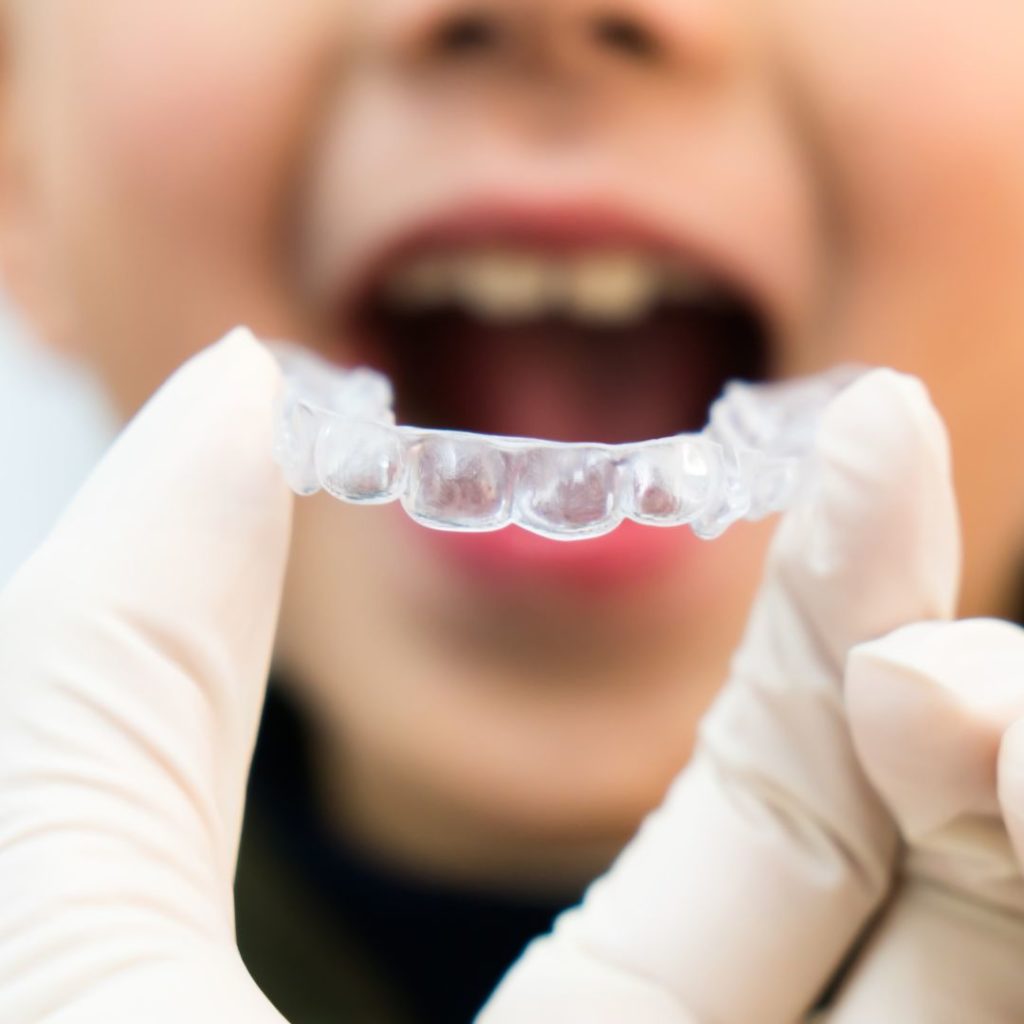Bruxism: An Unknown Consequence of Pandemic Shut-Down

A few months ago, the New York Times reported an increase in dental complaints such as tooth sensitivity, jaw pain, and headaches since the novel coronavirus forced a global shutdown. Additionally, dentists report an increase in tooth fractures in the past several months. These concerning problems are often related to tooth grinding and clenching. In turn, bruxism often relates to stress. It is no secret that months of shutdown and the uncertainty of the pandemic itself are the perfect ingredients for a stressful situation.
If you are concerned that you might be clenching and grinding your teeth, talk to your dentist. Bruxism can cause several unpleasant side effects. Lifestyle habits and appropriate dental care may correct them.
What Is Bruxism?
Bruxism describes clenching and grinding. Clenching occurs when you bite down with extreme force for a prolonged period. Grinding involves stronger than normal biting force as well as a back-and-forth motion. A person may do these things without knowing it but may notice the symptoms of these movements. Bruxism may be discovered through symptoms such as jaw soreness, tooth soreness, or sensitivity. With prompt attention, bruxism may be managed before it can cause more severe problems such as:
- Severe headaches
- Jaw, face, or neck pain
- Chronic sleep disruption
- Damage to tooth enamel
- Tooth fracture
Is Bruxism Preventable?
Because bruxism is associated with stress, there may be no way to avoid all potential triggers. However, the person who establishes strong stress- management skills may be less likely to clench or grind their teeth. Additionally, experts advise people to reduce caffeine and alcohol intake and avoid smoking, at least before bed. Relaxation techniques such as breathing exercises, meditation, listening to music, or taking a walk are also helpful.
What if Bruxism Has Already Begun?
Bruxism can cause problems that take time to resolve, so an evaluation should occur as soon as symptoms appear. A dentist may not cure bruxism but can provide services that minimize the impact of excessive biting force. The most common approach to managing bruxism is a nightguard. This appliance is worn at night. It fits over the teeth like a mouth guard that one would wear while playing sports. It does not prevent grinding and clenching, but it prevents damage that could result from extreme pressure.
Stress can negatively impact your dental health. We can help you address problems like bruxism with conservative, non-invasive care. To schedule your consultation, call (703)-935-2879.










